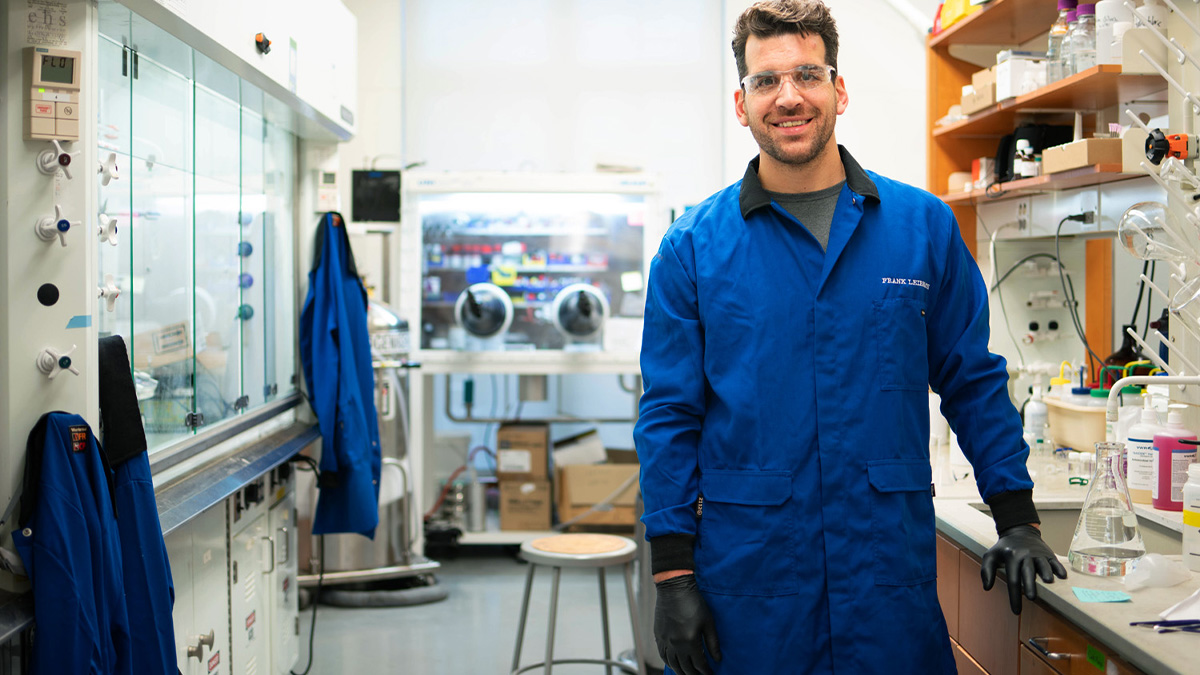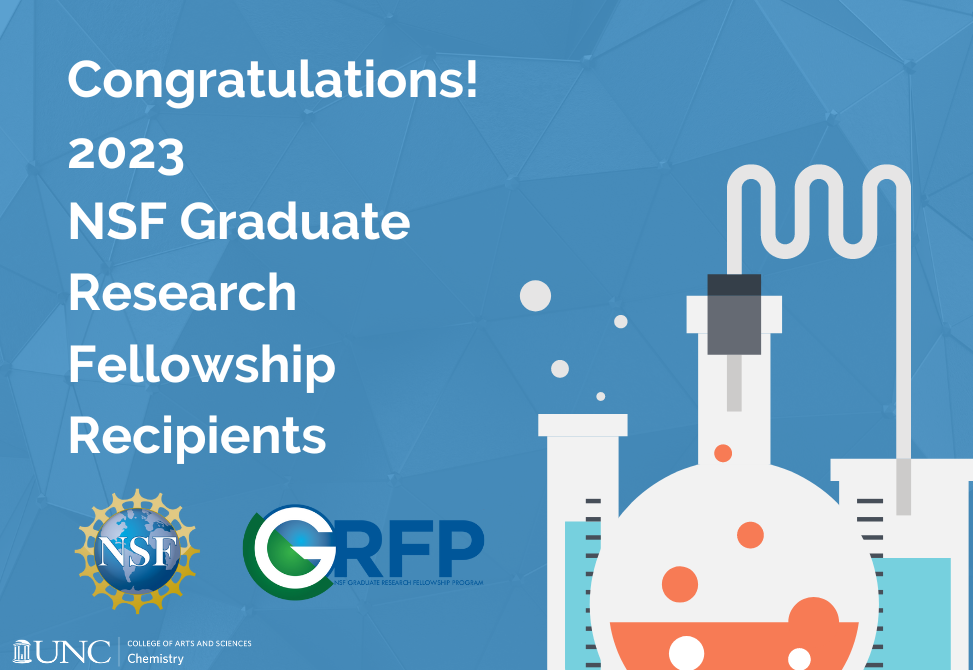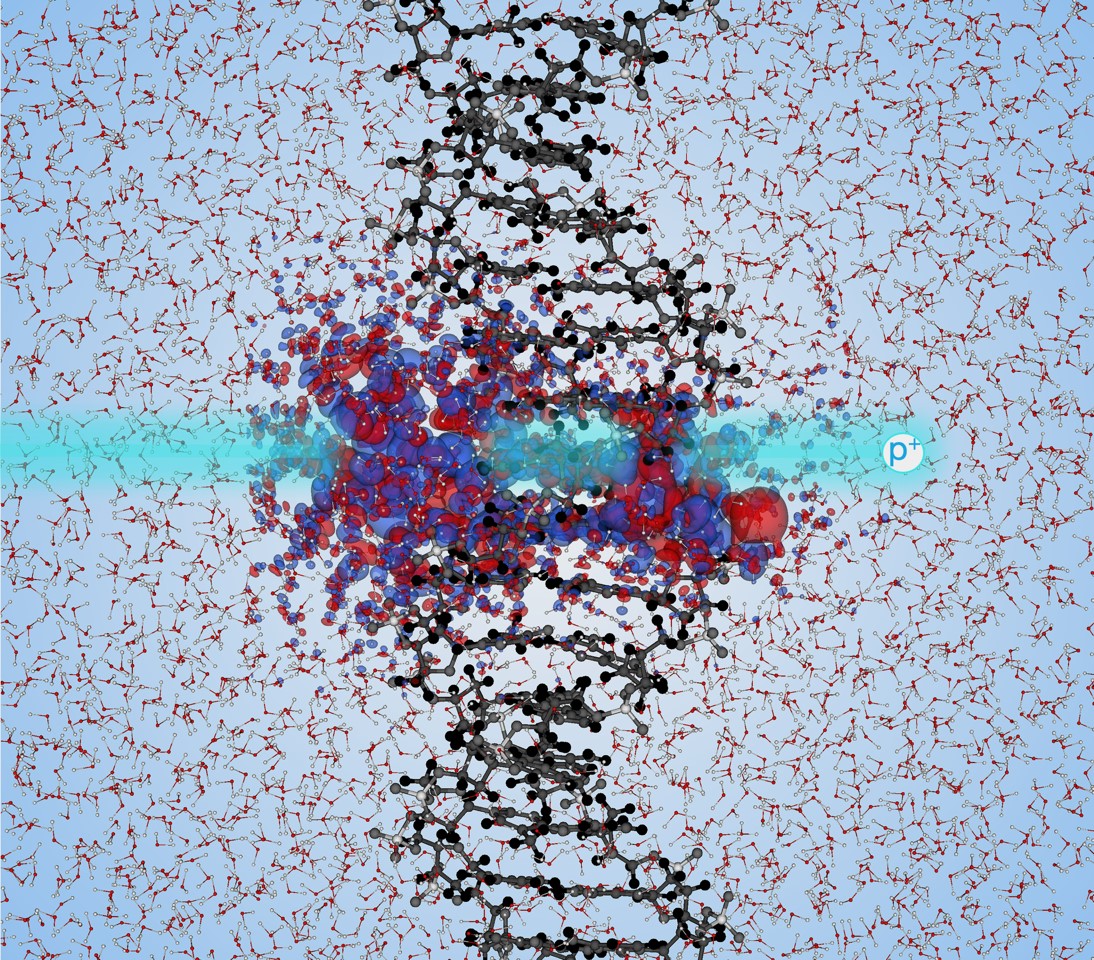News Archive

The annual Departmental Senior Awards are presented to students demonstrating excellence in their academic studies in chemistry, research in the labs, and/or teaching in the classroom. We are pleased to announce the recipients of Carolina Chemistry’s 2023 Departmental Senior Awards.
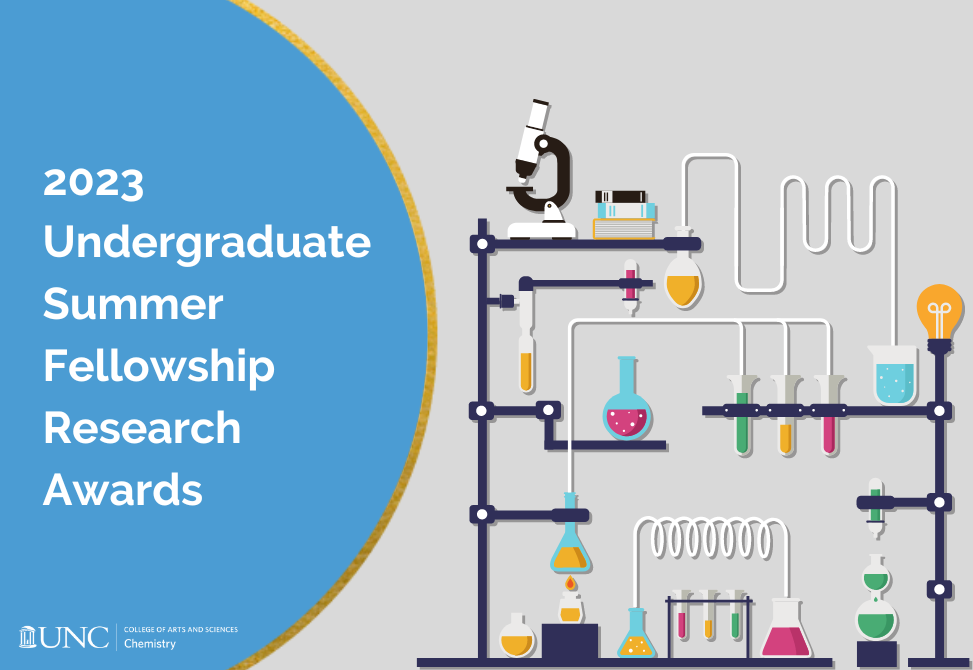
The Department of Chemistry is pleased to announce the recipients of our annual Undergraduate Summer Fellowship Research Awards.
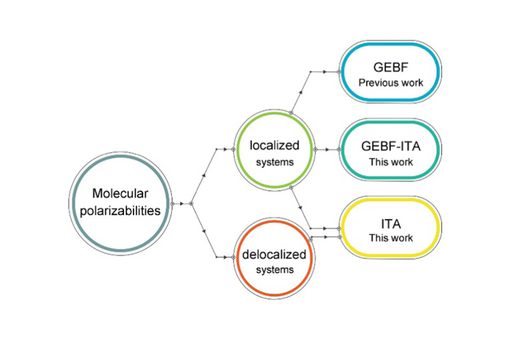
In this work, we employ a few simple density-based quantities from the information-theoretic approach (ITA) to predict polarizability of proteins.

A team of collaborators from Carnegie Mellon University and the University of North Carolina at Chapel Hill won Phase 1 of the National Security Innovation Network (NSIN)-sponsored Air Force Research Laboratory (AFRL) Active AI Planners for Chemistry/Materials Optimization and Discovery Grand Challenge.

Jack Sundberg has created a software to help chemists uncover the best materials for their experiments — a potential game-changer for minimizing time and costs.
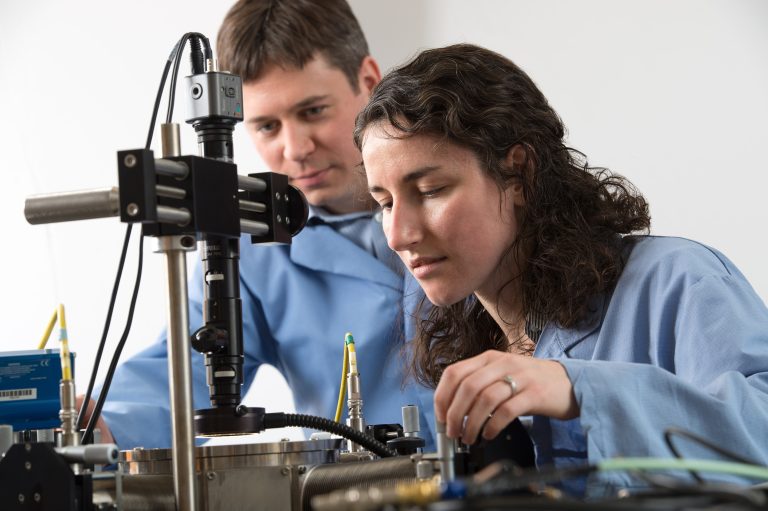
UNC researchers James Cahoon and Taylor Teitsworth show how silicon nanowires that can convert light into electricity were engineered to split water into hydrogen and oxygen in a paper published Feb. 8 in Nature.


